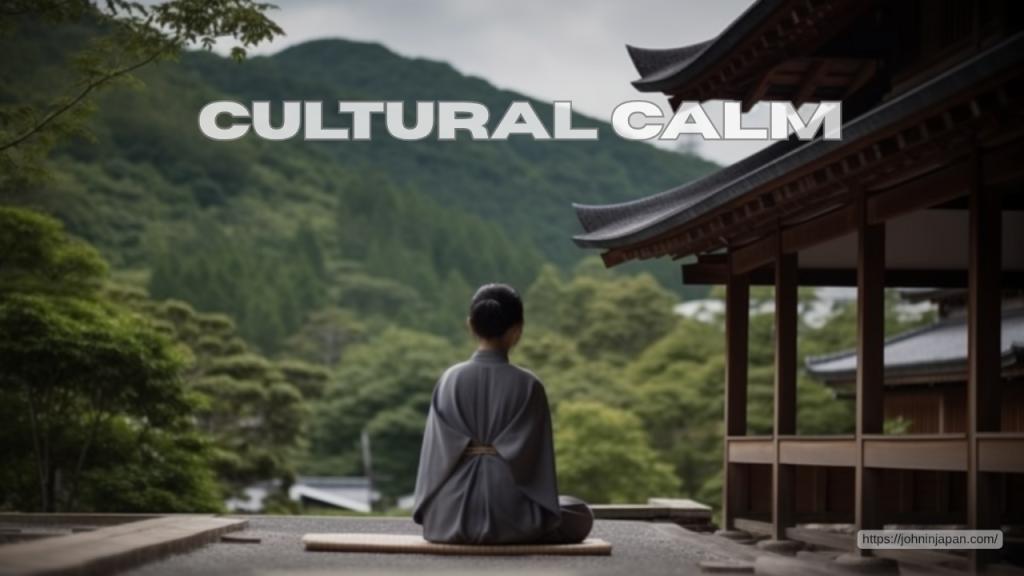
As the global understanding of mental health continues to evolve, Canada is witnessing a growing interest in holistic and culturally inspired approaches to recovery. Increasingly, Canadians are looking eastward—to Japan—for guidance in building mental wellness rooted in mindfulness, balance, and connection. Japan’s traditions of calm reflection, community harmony, and respect for nature are influencing a new era of healing, one that blends scientific treatment with spiritual renewal.
At johninjapan.com, this cross-cultural inspiration takes shape through compassionate, individualized, and faith-based care that unites modern therapy with time-honored healing philosophies. For those seeking addiction recovery or mental health treatment, the collaboration between Canadian clinical expertise and Japanese mindfulness offers an extraordinary opportunity for transformation.
A Cultural Bridge Toward Healing
Mental health and addiction recovery are complex, deeply personal journeys. While evidence-based treatment remains the foundation of care in Canada, many individuals crave a deeper connection to meaning and balance. Japan’s approach to wellness focuses on restoring harmony—within the self and with the world around us. This cultural perspective aligns closely with holistic recovery methods that treat the person as a whole rather than focusing solely on symptoms.
In recent years, Canadian recovery centers have begun adopting elements of Japanese wellness, creating programs that not only address mental health disorders and substance use but also nurture emotional resilience, mindfulness, and self-awareness.
Lessons from Japan’s Approach to Mental Wellness
Mindfulness Through Simplicity
In Japanese culture, healing begins with simplicity. Practices such as Zen meditation and tea ceremonies encourage presence and awareness in each moment. For those recovering from addiction, learning to slow down and observe thoughts without judgment can reduce anxiety, prevent relapse, and strengthen emotional control.
The Restorative Power of Nature
Japan’s philosophy of shinrin-yoku, or forest bathing, has gained international recognition for its therapeutic effects. Spending time in natural settings has been shown to lower stress, boost mood, and improve focus. For Canadians who often face long winters and fast-paced urban life, this practice provides a grounding way to reconnect with nature’s calming rhythm.
The Role of Community and Purpose
Japanese society values ikigai, a sense of purpose that gives life meaning. This idea reminds individuals in recovery that wellness is not just about being free from illness but about living with intention. Combined with Canada’s strong recovery networks and supportive counseling, ikigai helps people rediscover motivation and hope.
Integrating Japanese Wisdom into Canadian Recovery
At johninjapan.com, mental health and addiction recovery are approached through a holistic model that draws from both Western psychology and Eastern mindfulness. The programs blend structured therapeutic care—such as cognitive behavioral therapy and group support—with spiritual reflection, faith-based guidance, and practices inspired by Japanese wellness.
This integration helps individuals reconnect with their inner selves, manage emotional challenges, and develop lifelong habits that support mental health. By incorporating lessons from Japan’s culture of calm and balance, recovery becomes more than treatment—it becomes a journey of renewal.
A New Era of Hope and Healing
The meeting of Eastern philosophy and Northern care represents more than cultural exchange. It is a shared commitment to healing the whole person. Canadians embracing Japan’s wellness principles are finding new ways to manage stress, rebuild relationships, and rediscover peace after addiction or mental health struggles.
If you or someone you love is seeking a path to recovery that combines compassion, science, and spiritual balance, johninjapan.com can help. Reach out today to learn how holistic, personalized care inspired by Japanese wellness traditions can guide you toward lasting mental health and inner harmony.
Your journey toward balance and healing can begin now—where East meets North, and wellness becomes a way of life.

